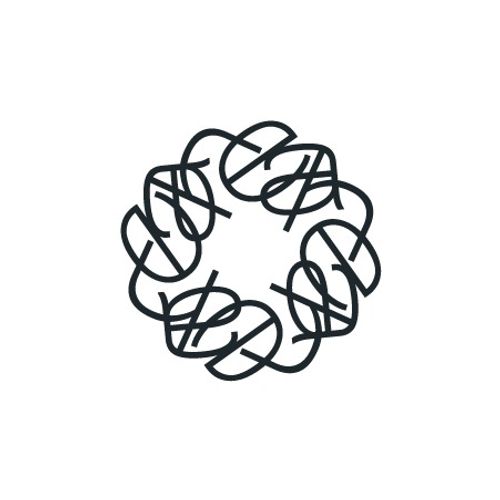Episode 35
Iron Deficiency: Perioperative
In the fourth episode of the EHA Diagnosing And Treating Iron Deficiency podcast series, host Prof Gunnar Birgegård and guest expert Prof Antonio Almeda discuss the diagnostic and therapeutic management of iron deficiency and anemia in the perioperative setting, a clinical situation where having inadequate iron stores carries significant clinical consequences on mortality and morbidity outcomes. They also address the conclusions of different studies that have investigated the impact of repleting patients with iron on the incidence of complications, mortality, or long-term health. They also disclose how they are monitoring their patients’ iron levels following surgery and why it is important.
Host: Prof Gunnar Birgegård; Guest: Prof Antonio Almeda
What did you think of this podcast? Share your opinions with us in this short feedback survey.
Would you like to receive EBAH CME credit points for listening to this podcast? Please visit the EHA Campus and finalize the quiz questions in the EHA Diagnosing And Treating Iron Deficiency Program.
Subscribe, share, and review this podcast to be able to address topics you enjoy and like to listen to.
Follow EHA on Instagram: https://www.instagram.com/EHA_Hematology/
Facebook: https://e-h-a.link/facebook
LinkedIn: https://www.linkedin.com/company/eha/
Email us: education@ehaweb.org
Subscribe to receive the EHA Educational Updates via https://eha.news/subscribe

